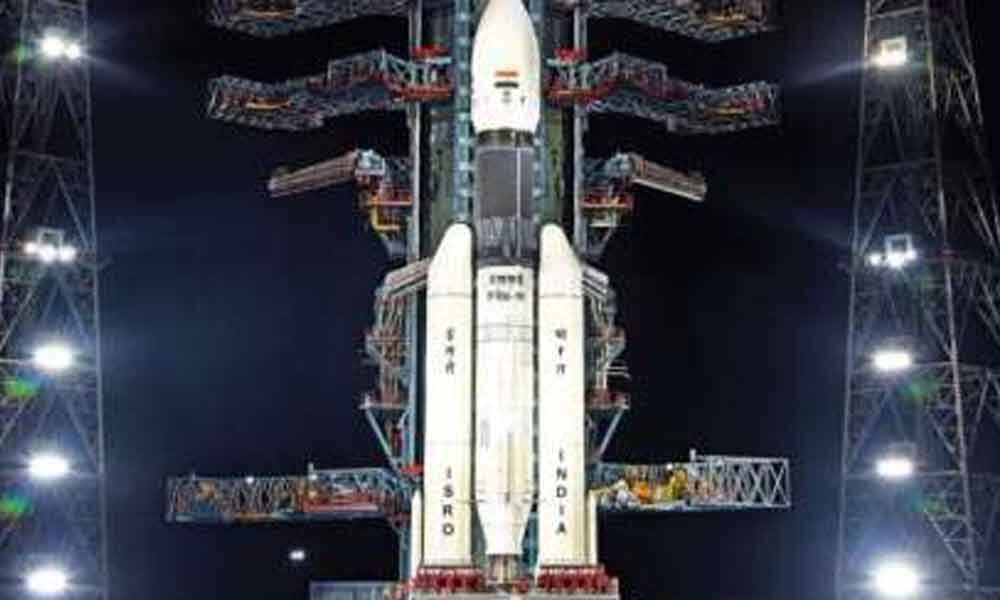Superstitious Scientists : Rahu Kaalam, or one-and-a-half-hours of planet Rahu, is considered inauspicious to start any new work

After sending the rocket PSLV-C12, ISRO jumped one number to number its next PSLV rocket as PSLV-C14
Chennai: The Indian space agency may be sending rockets and satellites to various planets but are also guided by their own superstitions and beliefs, said a retired official of the Indian Space Research Organisation (ISRO).
On the home front, Isro will not start the countdown for a rocket flight at Rahu Kaalam, said the official not wanting to be quoted.
Rahu Kaalam, or the one-and-a-half-hours of planet Rahu, is considered inauspicious to start any new work.
"In the case of interplanetary missions, it is not possible to coincide auspicious time with the rocket's launch time. The latter is decided based on the position of the target planet on the day when the spacecraft is expected to enter its orbit.
So, the countdown is started on the auspicious time," he explained.
Similarly, prior to every rocket mission, ISRO officials pray at the famed Lord Venkateswara Temple in Tirumala and place a replica of the rocket at the God's feet seeking his blessings for a successful flight.
Over the years, some more temples near the Sriharikota rocket port have been added to the list and officials or their juniors will visit those temples and pray for a mission's success.
Similarly, pujas, or ceremonies, will be conducted before starting the integration of different stages of a rocket.
"It is all individual beliefs. One cannot take chance with God and poison," a former ISRO chief told IANS.
According to a retired ISRO rocket scientist, a project director used to wear a new shirt on the day of a rocket launch. Officials of ISRO are still unable to explain away the absence of the rocket named Polar Satellite Launch Vehicle-C13 (PSLV-C13) from their launch roster.
After sending up the rocket PSLV-C12, ISRO jumped one number to number its next PSLV rocket as PSLV-C14 that put into orbit Oceansat-2 and six European nanosatellites.
"There is no such rocket designated with that number," a high ranking official had told IANS while declining to comment whether the space agency considered the number 13 as unlucky.
Curiously, following the failure of Apollo-13 to land on the moon, the American space agency has not named any other mission with that number.
India's Rs 450 crore Mars Orbiter Mission, however, was a tradition breaker in a way by flying on a Tuesday.
"This was the first time in ISRO's history that a rocket was launch on a Tuesday. Tuesday is generally considered as inauspicious day," an ISRO official had told IANS.
However, another senior official involved in the Mars Orbiter Mission told IANS that for him Tuesday was a lucky day as the mission succeeded.
"It is all individual belief. One cannot take chance with God and poison," a former ISRO chief told IANS earlier.

















